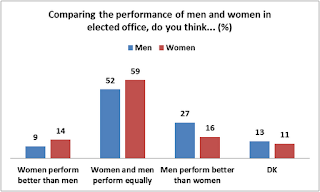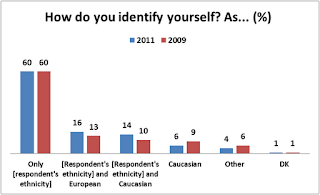Sarah Kendzior and Katy Pearce have summarized some of the points they made in their fascinating academic paper on Internet and dissent in Azerbaijan for an article in Slate.
<img alt="" border="0" id="BLOGGER_PHOTO_ID_5742649752117200722" ……
2012

Expanding on the topic of a previous blog, this post compares statistics on the number of women in national parliaments in the South Caucasus and other areas of the world. The countries of the South Caucasus rank low on women’s participation…
In a recent W-i-P seminar, Bela Tsipuria, now Professor at Ilia State University, and previously Deputy Minister of Education and Science, made a compelling case for understanding Georgian literature as a post-colonial phenomenon. Here is a summary of the talk…

Since Georgia’s independence in 1991, the participation of women in Georgian politics has been very low. The number of women in government has diminished since 2004 and currently women comprise only 6% of the Georgian parliament. The reasons behind such statistics can…

Many characteristics of the Georgian population are changing, but perhaps none as drastically as internet usage.
Political Participation and Democracy in Azerbaijan
For a functioning democracy, democratic attitudes are important as well as basic political rights. Attitudes toward democracy and participation in political life show the extent of a population’s support to and the legitimacy of…

As Georgia seeks a course of European integration and eventual membership in the European Union (EU), it is important to examine the Georgian population’s understanding of its own identity. CRRC data from a 2011 survey entitled Knowledge and Attitudes toward the…

The Caucasus Research Resource Centers (CRRC), American Councils and American Research Institute of the South Caucasus (ARISC) are pleased to announce the 12th Works-in-Progress talk of the Spring 2012 season!
